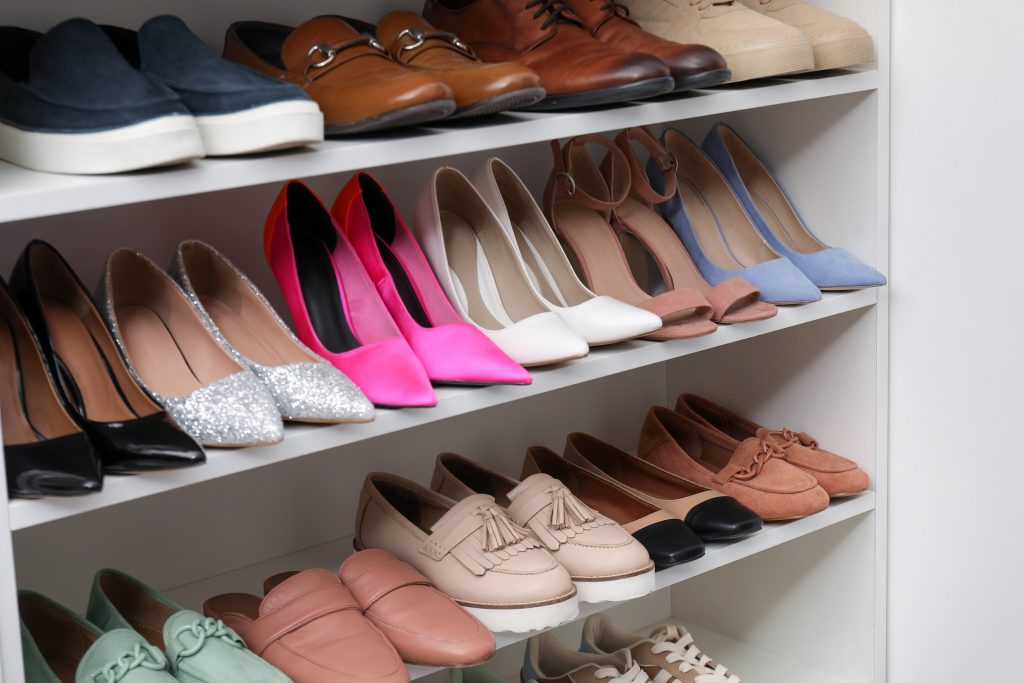
The conversation is often awkward and hurtful. A family member visits and asks if you “need help with all this stuff.” You see treasured collections and sentimental keepsakes. They see overwhelming clutter. The implied accusation is clear: they think you’re hoarding. This misunderstanding can be deeply frustrating and strain relationships, especially when your home is far from a clinical hoarding disorder.
Clashing Definitions of “Clutter”
The idea of “clutter” is highly subjective and personal. For one person, a stack of books is a comforting sign of curiosity. For another, it’s a messy pile. Your family’s perception comes from their own tolerance for visual information and their personal organizational style. If their ideal is a minimalist space, then your cozy, lived-in home might look chaotic to them.
The Generational Divide on Possessions
Our relationship with possessions is often shaped by our generation. Older generations who grew up with less may have a “waste not, want not” mentality. They save items “just in case.” Conversely, many younger people view excess possessions as a burden. This generational divide can lead to misunderstandings where a parent’s practical habits are seen as a problem by their children.
Minimalism as a Moral Stance
Minimalism has done more than change decorating trends. For some, it has become a moral philosophy. In this view, owning fewer things is more enlightened and responsible. When a family member subscribes to this ideology, they may view your choices through a lens of judgment. The reason your family thinks you’re hoarding may have more to do with their philosophy than your reality.
Projecting Their Own Anxiety
Sometimes, a person’s concern about your “clutter” has very little to do with you. A disorganized space can trigger anxiety in people who crave order and control. When they see your home, they may project their own feelings of being overwhelmed onto you. Their desire for you to “clean up” is really a desire to soothe their own discomfort.
Bridging the Perception Gap at Home
If you must constantly defend your home, it’s important to recognize the issue. The problem is often one of perception, not pathology. The conflict’s core is a difference in values, anxieties, and generational norms. The best approach is to open a dialogue about the feelings behind the comments, not the stuff itself. When your family thinks you’re hoarding, explaining an item’s sentimental value can help bridge the gap.
Has your family ever accused you of having too much stuff? How did you handle the conversation?
Read More:
8 “Harmless” Nicknames That Your Family Gives You That Are Actually Hurtful
9 Times Family Members Can Override Your Legal Wishes
The post Why Your Family Thinks You’re Hoarding—Even If You’re Not appeared first on Budget and the Bees.







